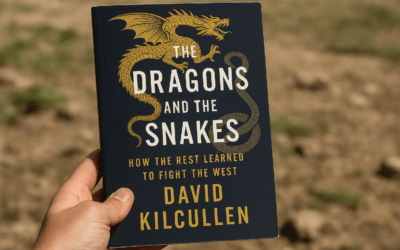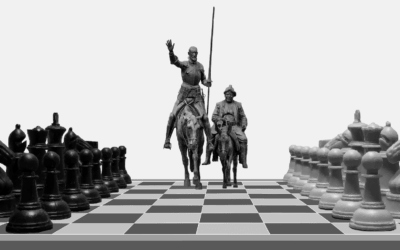EPISODE 31
OptIcs 101 wITH RITON OPTICS

What do those numbers mean on your scope? What difference do they make?
Brady Speth is the owner of Riton Optics and he’s going to teach us some nomenclature and terminology about scopes and optics. We’re also going to hear how Brady started Riton and learn about his background and the company’s design process. They offer high quality glass from Japan backed by a lifetime warranty and these products are built tough with the end-user in mind. Even if you already own a scope, check out our interview with Brady to learn something new about optics. There are a lot of good products on the market, but in true TacTangents style we hope that People and Ideas drive your Hardware choices, which is why you need to hear what Brady has to say.
By the way, Riton sponsors the podcast and helps us deliver great content, so we hope you’ll give this one a listen.
Like what we’re doing? Head over to Patreon and give us a buck for each new episode. You can also make a one-time contribution at GoFundMe.
Intro music credit Bensound.com
CLICK BELOW TO SUBSCRIBE NOW ON YOUR FAVORITE PLAYER
THANK YOU TO OUR SPONSORS! PLEASE GO CHECK THEM OUT
Recent Episodes
Teaching the Enemy: Lessons from The Dragons and the Snakes
From guerrilla warfare and liminal conflict to use-of-force doctrine and law enforcement tactics, this episode connects military theory to street-level realities. Are we in a new kind of war without even knowing it? And what are we teaching our opponents every time we act?
It’s Chess AND Checkers–Tactics and Strategy Unite!
Why do we focus so much on tactics and so little on strategy? In this episode, Mike and Jim tackle the divide between street-level action and big-picture thinking. Drawing on lessons from policing, the military, and community crime prevention, they explore how individual cops, community members, and leaders can influence criminal decision-making—not just react to it.
Topics include resource constraints, the Broken Windows theory, and strategies for shifting offender perceptions to prevent crime before it occurs.













0 Comments